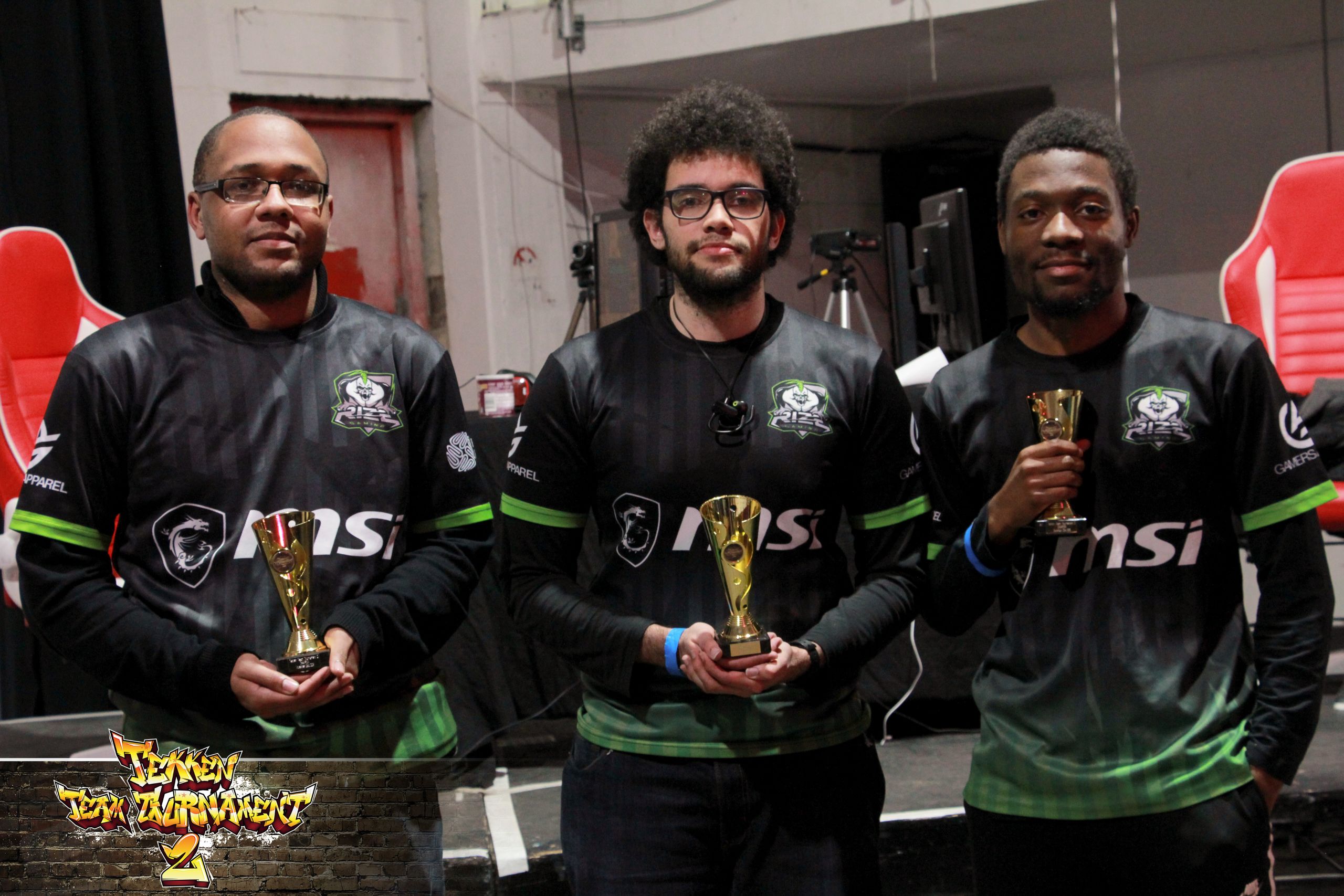Fighting Game Community hopeful post-lockdown
The nationwide lockdown has both hurt and helped the community dedicated to offline fighting games
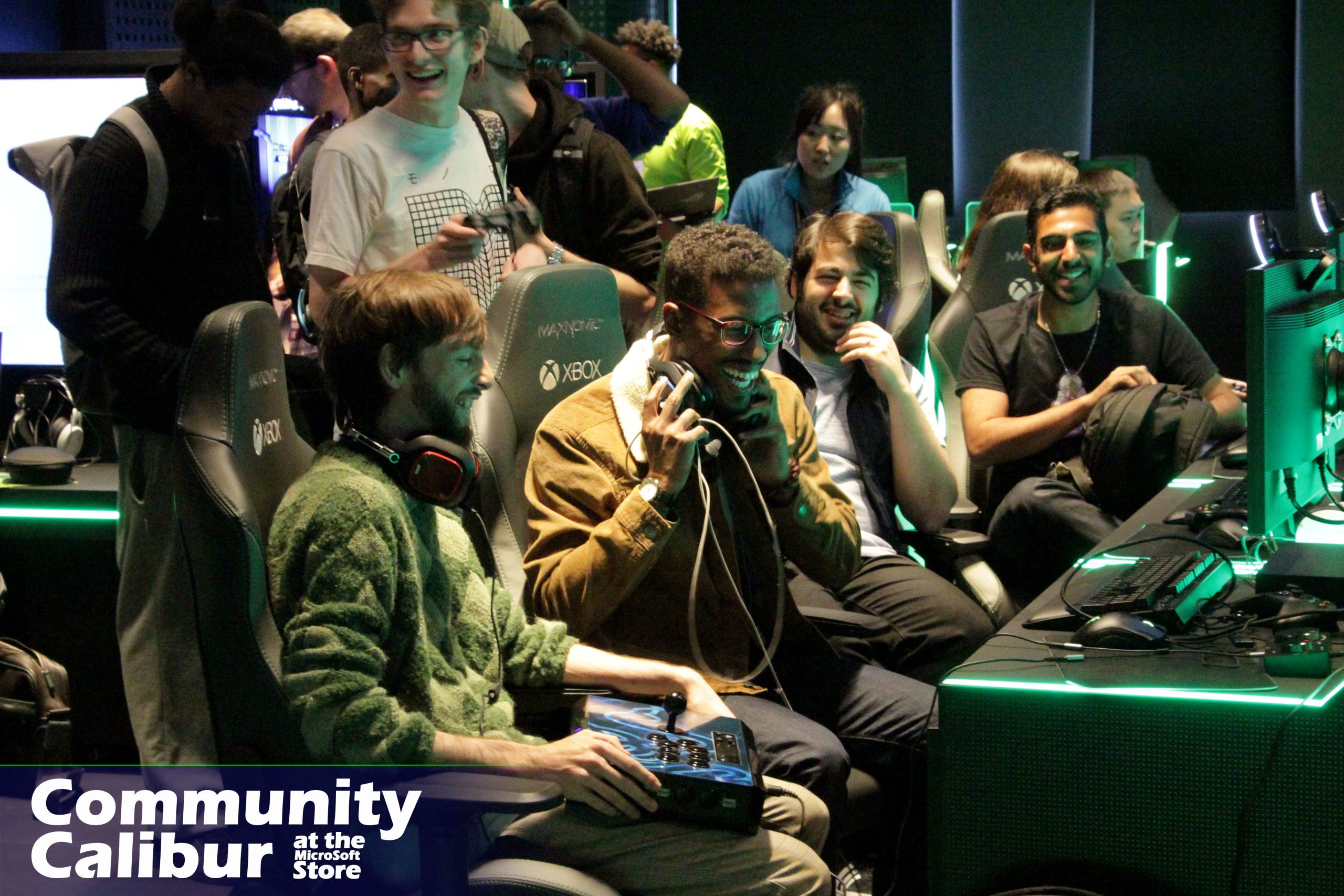
Online gaming as a hobby has seen aggressive growth over the past two years, with social distancing driving an increasing number of social interactions online.
Some areas of the video gaming world have struggled with the shift, such as the East London Fighting Game Community (ELF), who have organised offline events and tournaments regularly for the past five years.
Offline gaming takes advantage of in person meetings to improve the playing experience and social elements of the game.
Many games in eSports are played locally to minimise the impact of internet connection speed, which could otherwise advantage certain players.
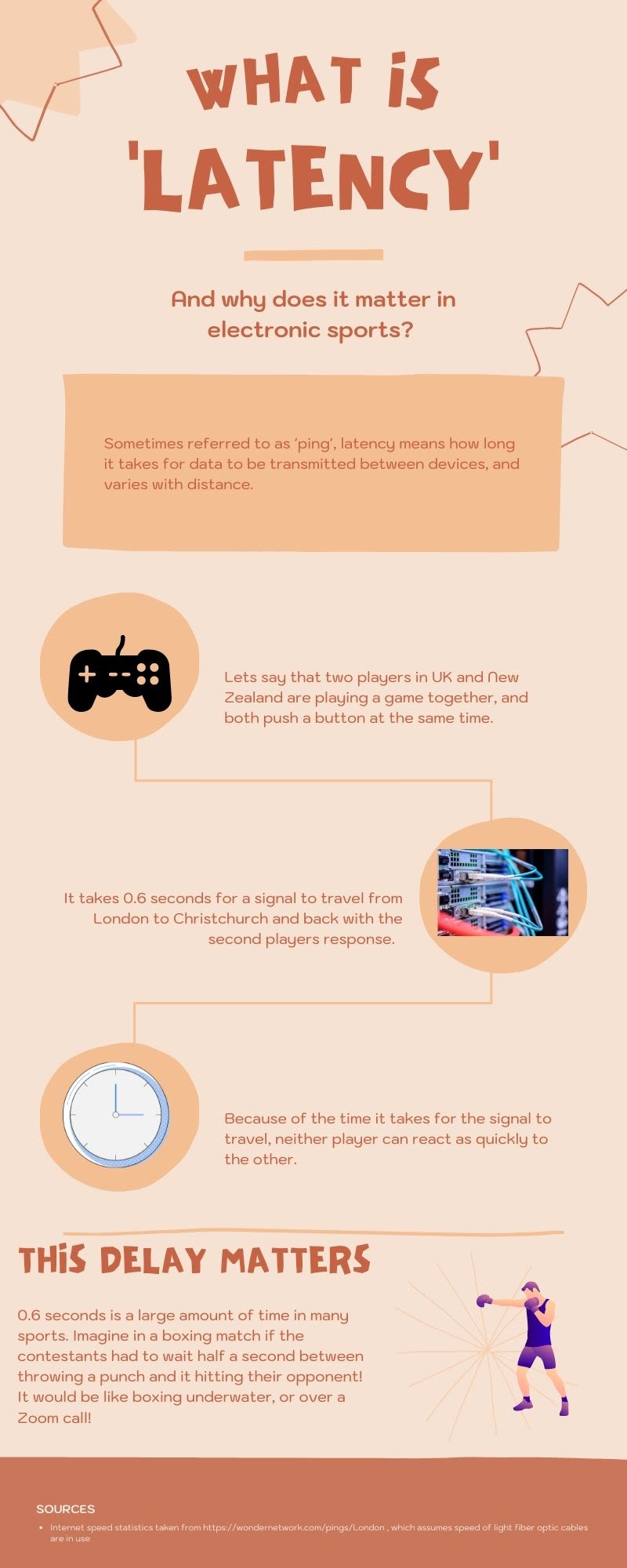
The imposition of social distancing and limitations on travel have made organising these sports more challenging and left many of their participants with nothing to do.
Christina McAdams, who goes by 'Fastlegs of Fury' in the Fighting Game Community(FGC), took part in the last European Tournament, held in Italy, before the pandemic closed borders.
She said: "The pandemic has brought back a lot of isolation for people, everyone is cut off from all of their friends."
The sentiment was echoed by Charlie Middlemiss, who goes by 'shirdel': "The most fun part of a tournament is getting to hang out with friends and meet people you've only known online before."
ELF worked to continue organising events online, as the technology improved to allow for fairer competition and fewer connection issues.
Christina said: "If you're playing someone in Spain it sometimes feels like you're playing underwater because the connection is so slow.
"We came to a point that we said, unfortunately, the EU cannot take part in our tournaments.
"When rollback came, then we could expand. So we have now got the EU players back in our tournaments now."
The logistics of online organisation has also presented some unique situations that couldn't be found with in person sporting events.
"When you're offline you can only be in one place at one time, but when you're online you have this problem where people might want to be in two tournaments at the same time," Christina explained.
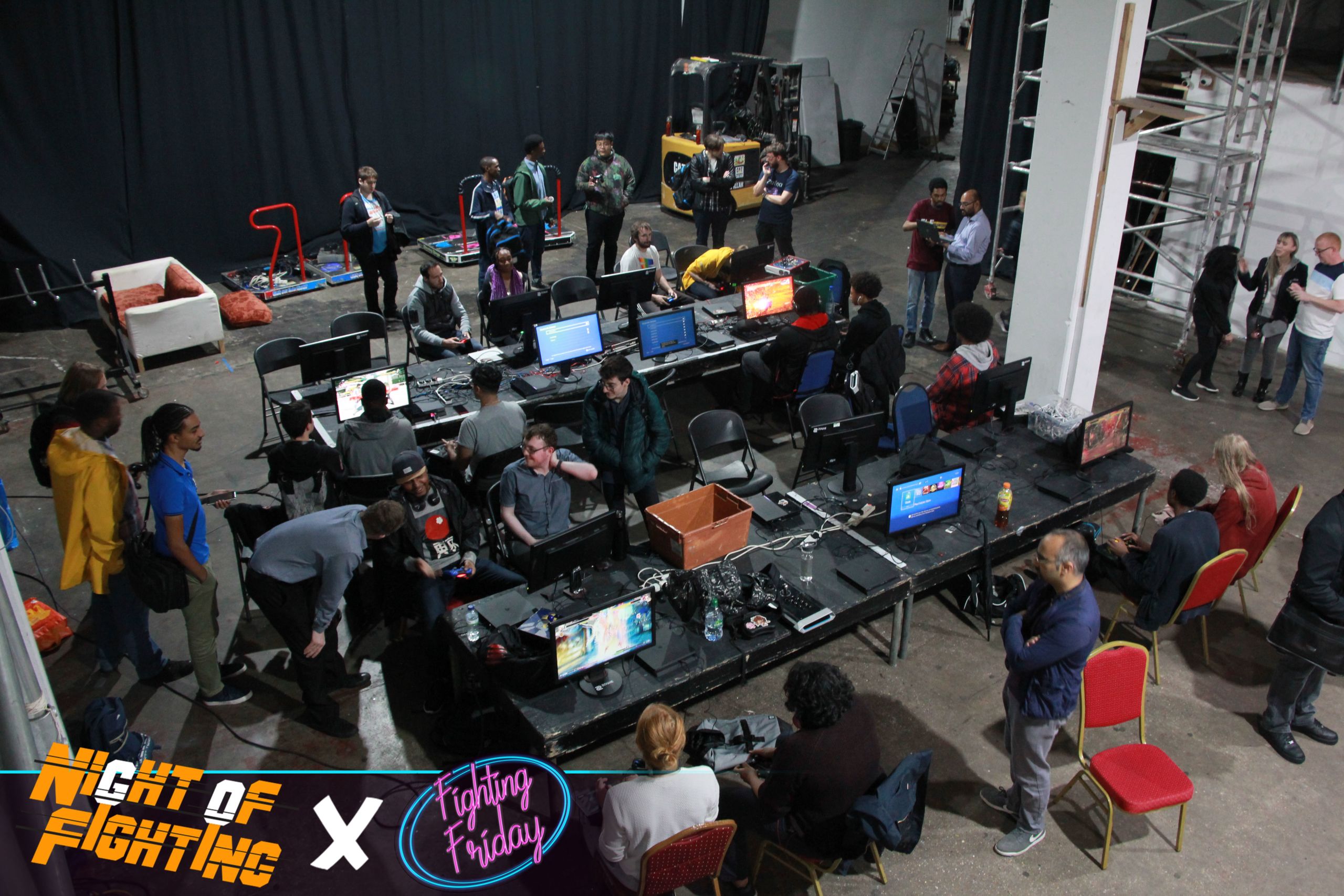
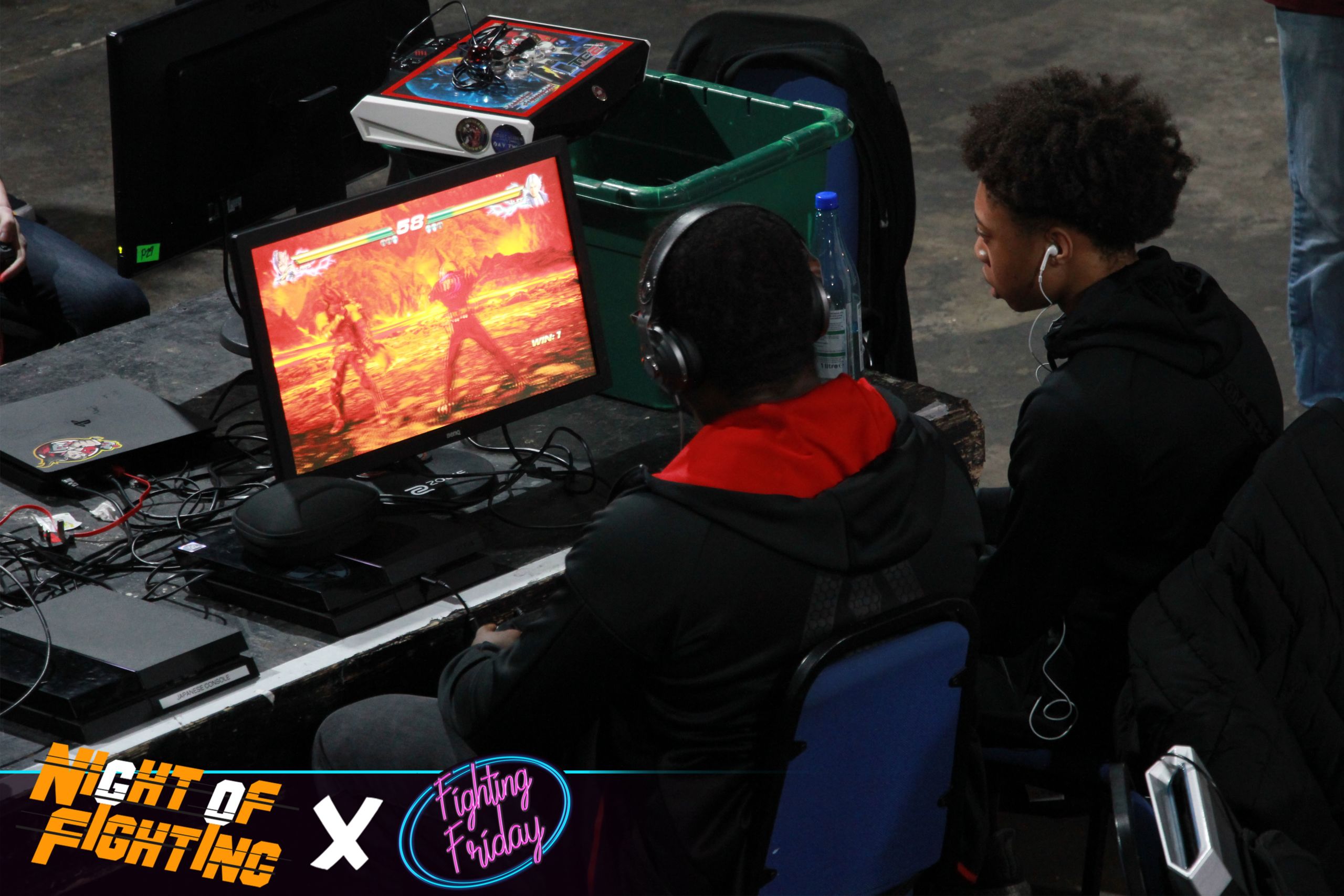
Even before shifting online, the organisation of the FGC and the lack of major sponsorships meant that organisers often had to fill multiple roles, as commentators, organisers and competitors blended and overlapped.
Lukas goes by 'Punlife' in the FGC where he uses his expertise in software development to make this work easier for other organisers by providing custom made software, and takes part himself as both a commentator and player.
The large number of online events, and their easy accessibility to anyone with a microphone and a computer, allowed for more people to get involved with the back end organisation as commentators and video editors.
Lukas said: "I think we really expanded the UK talent pool, which was good to see.
"A lot of them did go forward to commentate things like the IESF, which is the International ESports Federation."
Commentary for eSports, Lukas explained, can differ from traditional sports commentary with the roles of the colour and play-by-play commentator sometimes going out the window.
He said: "Lore and analysis is what I specialise in, I know pretty much everyone in London personally, I know a lot of stories that give additional value to the viewer.
"You also get a bunch of avid casters that get really hyperactive almost Eminem's Rap God.
"When a character I'm specialized with is on screen I will switch to play by play because I can give that additional level of analysis."
Lukas concluded: "I think having that flexibility between play by play and colour, makes a lot of sense."
Coming out the other side of the pandemic, the members of ELF are enthusiastic about the future of the sport.
Lukas said: "The level of adaptation is going to be interesting. With online tournaments you don't have a startup cost so any money can be put into production, better mics, better graphics.
"I think that sort of improvement is going to translate really well to the offline scene.
"People don't take online tournaments as seriously as offline so we have had a lot more room for error and experimentation."
On top of better production values, Charlie is hopeful that the community will see a growth in membership as the lockdown is eased.
"Because there haven't been offline tournaments in so long, there are no top players. It's like a complete reset, so this is the perfect time to get into a new fighting game."
All three agreed that there wasn't a single game that was best for new players, and that people interested would fare best experimenting with what they enjoy.
"All you have to bring is a controller, you may not even own the game at home," said Lukas.
"As a result, you see a lot of people that you may not see in other eSports, where the majority of players are white and often middle class."
This culture of inclusivity is strengthened by the culture of mentoring between old and new players, and a zero tolerance policy towards harassment of any kind.
They have also worked hard on easing the learning curve for new players, as casters get better at explaining for new players and the technology allows for the linking of in game events to a glossary that explains the exotic terms that can sometimes appear.
Lukas explained: "The lingo is a double edged sword, some of it is really simple to understand just from hearing the words.
"But then you get obscure terms, like 'happy birthday' that are nothing like what you would expect."
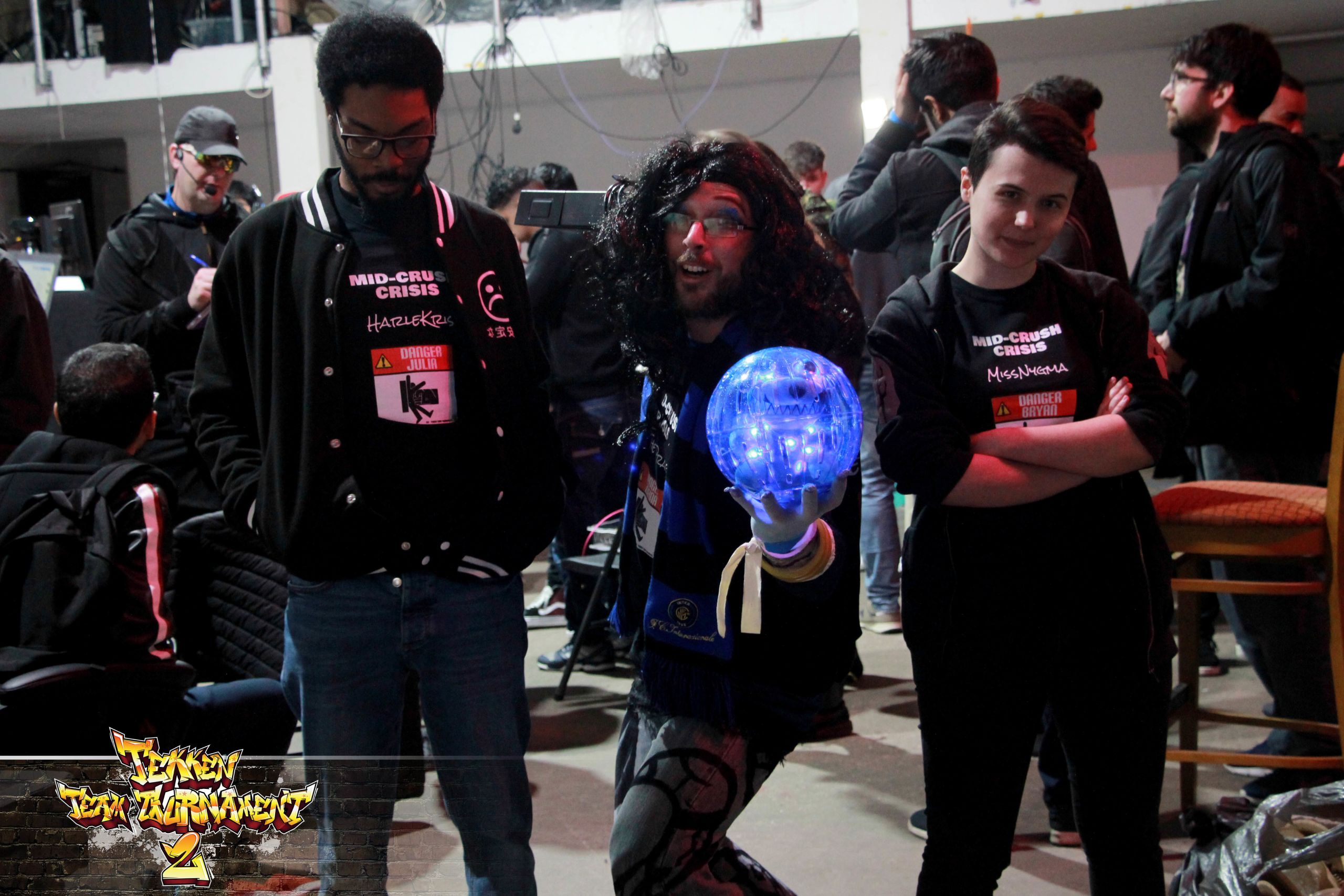
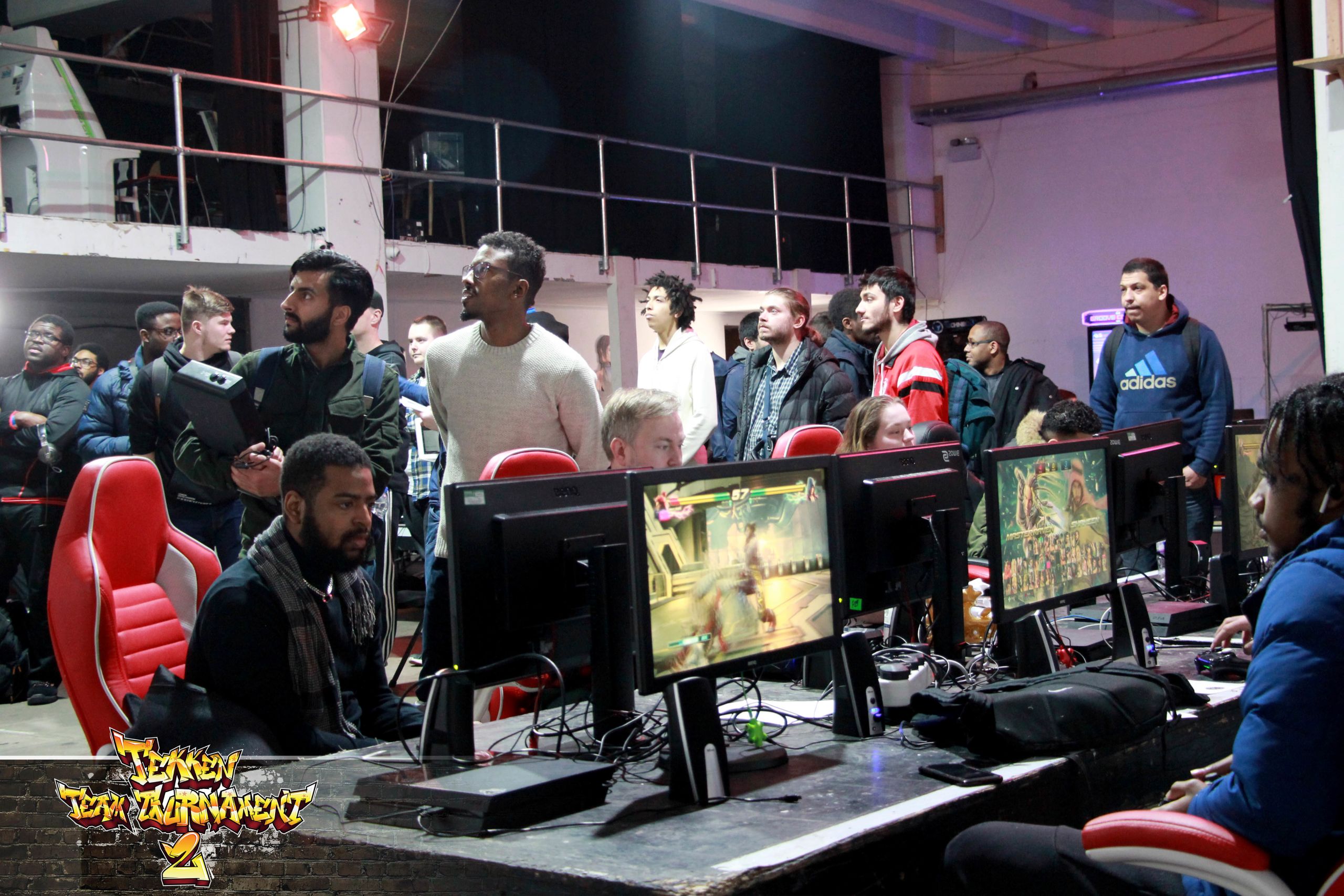
How many of these terms can you work out the meaning of?
